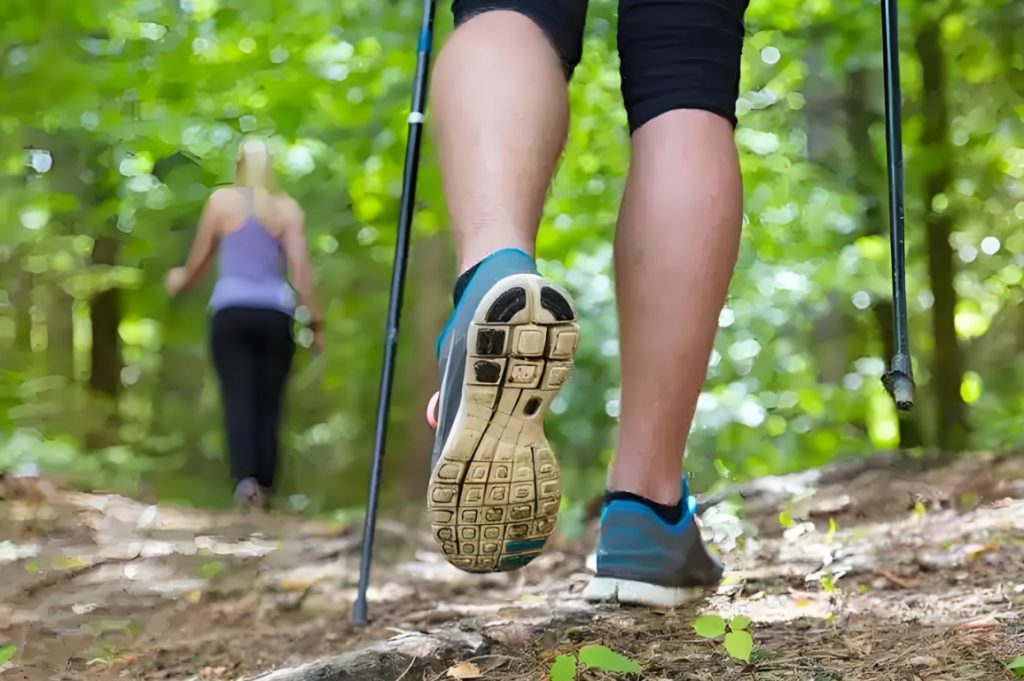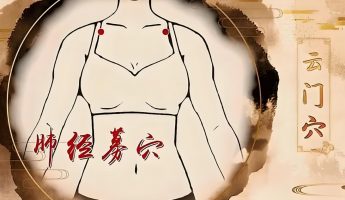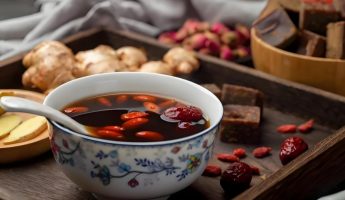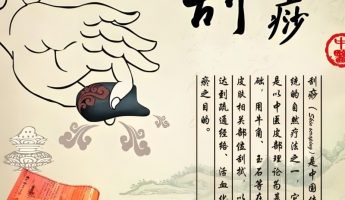Creative exploration and development of traditional culture, and the integration of health preservation into daily life is an important way and content of contemporary health preservation culture. Today, we will talk about “walking and practicing”.
The ancient saying goes, “Everyone comes from the dojo with their feet up and down, and they often wander around the Dharma garden day and night.” It is called “Xing Chan” in the “Life Gui Zhi”.
In various schools of martial arts throughout history, the Taoist health preservation of Longhu Mountain, as an advocate of Taoist health preservation and lifestyle, advocates that “walking, sitting, and lying down can all be used for health preservation”, which requires combining spiritual activities with walking, walking, sitting, and sleeping according to health preservation requirements in daily life, and regularly maintaining a healthy ecology and consciousness.
1、 Road selection: Flat and unobstructed roads should be chosen, such as sidewalks and highways, as well as small alleys with fewer people and flat tree lined avenues. It is reasonable for ancient people to say that ‘one should take sufficient measures on a smooth path’. This can avoid collisions and excessive distraction caused by uneven road surfaces.
2、 Time selection: As “walking and practicing” is a part of health and lifestyle, there are no specific time requirements, and it should be tailored to individual needs and circumstances. Morning, work, finish work, and evening are all acceptable. It would be even better if it could be in a place with fresh air, pleasant climate, and quiet elegance.

3、 Environment selection: No special requirements, “quiet place to nourish qi, noisy place to refine spirit”. Whether it’s a busy city or a quiet place, it depends on the actual situation of life and work. The main goal is to maintain consistency in one’s spirit, such as walking on the road, visiting parks, and famous scenic spots after work. In addition to calming the nerves, attention should be paid to the road surface when commuting.
4、 Travel speed: It is generally required to walk slowly and steadily, without rushing too quickly. In ancient times, some martial arts advocated “walking like a blind person without a cane”, which is like a blind person without a cane, lifting their feet low, slowly, and steadily. Some advocated “goose steps”. But as a part of health preservation and lifestyle, the speed should vary depending on the time and situation. Regardless of speed, one must remain calm and composed.
5、 Posture requirements:
- Relaxation of body and mind: Firstly, adjust your body and mind, maintain a calm mindset, spread your eyebrows and cheeks, and make a smile rather than a smile.
- Tall and upright in form: Maintain a relaxed, calm, natural, and peaceful posture, with a neck that can be raised at all times, a chin that can be retracted, a chest that can be pulled out of the back, a slightly posterior gate of life (but not too protruding, otherwise the walking will be unstable and the anterior protrusion will be heavy and laborious), and an upward movement of the perineum.
- Natural Hand Leg Movement: The hands and arms swing naturally, or one or both arms are pressed onto a certain part of the body. Relax your legs and take natural steps.
- Requirement of divine will: Eliminate distractions, clear the mind, stabilize the body and mind, and relax the whole body. Deep consciousness should guard the dantian or zhongwan acupoint, and use shallow consciousness to take care of the road surface and surrounding conditions to ensure safety.
- Eyes clear and slightly closed; The Yin Fu Jing says, “The heart is born of things, dies of things, and the mechanism lies in the eyes. Avoid things that hinder the way, and discard them if they pass by. When it comes to things that do not hinder one’s journey, one should turn a blind eye and not stop. The ancients said, ‘The eyes look down, the heart hides in the deep.’.
- Ears listen to the ancestral orifice: With both ears returning to the ancestral orifice, use partial hearing to detect the surrounding movements. Avoid things that hinder the way, and turn a deaf ear to things that do not hinder the way, without thinking about them.
- Relying on each other’s spirits: While guarding the ancestral orifice, one should also sink their energy into the dantian, so that the necessary energy for walking can be called upon at any time, feeling the scene of “people in the qi, qi in the body”, making their spirits match, and can be combined with some arm massages. To strengthen local qi function, achieve the effect of strengthening the body and treating diseases. If you want to enhance the spleen and stomach qi mechanism, you can press it on the Zhangmen acupoint. If enhancing kidney qi, it can be applied to the navel (Shenque), Qi Sea, Guan Yuan, and the base of the thigh.
In short, we should be “confident and dependent” and walk leisurely. Walking slowly will feel like we are in the clouds, and we will also become a group of qi. As Wang Chongyang once said, ‘Let your feet go wherever you go, one spirit always accompanies your qi, and sometimes the four major drunkenly ask who I am in the blue sky.’ This achieves a state of selflessness where one’s demeanor is unified.



